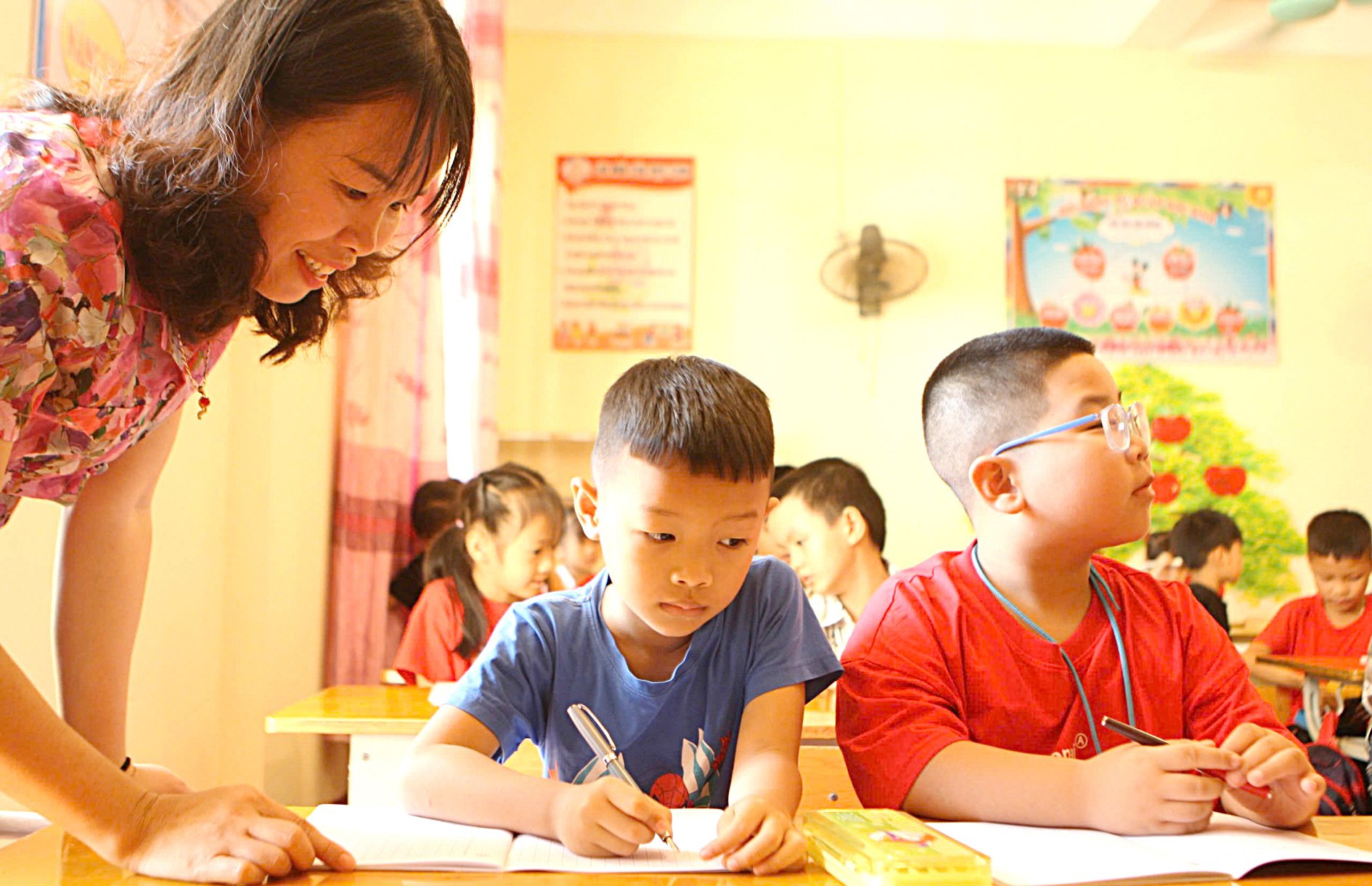
Teachers of Khanh Yen Primary School (Van Ban, Lao Cai) during the first lesson of the 2024-2025 school year - Photo: VINH HA
The Ho Chi Minh City Department of Education and Training has just issued a document providing professional guidance for primary schools in the 2024-2025 school year. One of the requirements is that primary school principals innovate in school management in general and in class observation in particular.
In fact, recently many primary and secondary schools in Ho Chi Minh City and many localities have made innovations in class observation.
Observing a lesson is not "looking for trouble"
"Currently, observing classes is not as heavy as before to evaluate teachers' skills. Therefore, I really like to observe my colleagues' classes to learn and gain experience for myself. In addition, I also like to have my colleagues observe my classes, so that they can give me feedback and help me develop," said Ms. Cao Thi Nguyet, a history and geography teacher at Mac Dinh Chi Secondary School (Tan Binh District, Ho Chi Minh City).
According to Ms. Nguyet, there are lessons that she will ask her colleagues to observe, not only colleagues in the subject group but also in other subjects. "Many times, when I stand on the podium, I don't notice, but my colleagues sitting below will be more enlightened and will notice my shortcomings. This is especially important in the current period of curriculum and textbook innovation," Ms. Nguyen said.
Similarly, Nguyen Binh Khiem Primary School (District 1, Ho Chi Minh City) has innovated class observation for many years. "Young teachers and teachers who have just transferred to another grade will be observed more often. The purpose of class observation is to advise, support, promote innovation and development, not to "look for a needle in a haystack". Teacher evaluation cannot be based on 1-2 teaching periods but on many different factors," said Ms. Do Ngoc Chi, the school's principal.
A teacher at Nguyen Binh Khiem Primary School (who asked not to be named) admitted: "Before, every time the Department of Education and Training came to observe a class, I felt very stressed. Now, observing a class is a regular activity, and teachers are no longer stressed.
The board of directors creates conditions for us to innovate teaching methods. School leaders pay attention to factors such as students' interest in learning, teachers' determination of lesson requirements, and organization of activities... Therefore, we are confident in implementing the open classroom and green classroom model (inviting parents to attend class with their children) for many years now."
Observing a lesson is no longer stressful, and teachers do not have to "learn the lesson" in advance, forcing students to memorize it and "perform" during the observed lesson.
However, another teacher also commented: "Observing a class is to advise and support, so the person observing needs to understand educational innovation. There are managers who observe classes and criticize teachers bit by bit, all with rigid principles. Meanwhile, the Ministry of Education and Training has required teachers to be flexible, teaching depending on the students. When they go to training, they are told that, but when they return to school, the principal does not allow flexibility."
Student-oriented
Ms. Pham Thi Thanh Thuy, Vice Principal of Yen Hoa High School (Hanoi), said that teachers have a lot of work every day, so they cannot invest deeply in every teaching session. However, when observing a class, teachers have to think, find methods, ways to organize teaching or apply technology. There is pressure, but it can also be seen as a motivation for teachers to try harder.
"I think that is a way to maintain quality and help teachers improve their professional skills in the teaching process," said Ms. Thuy.
Ms. Nguyen Thi Nhiep, principal of Chu Van An High School (Hanoi), also believes that changing teachers' attitudes towards observing lessons requires a process when the school can create a culture of observing lessons.
"I think the fundamental problem is to change the assessment goals and the way of assessment and feedback. The assessment is not aimed at criticizing teachers but at students. Specifically, how did students receive the lesson, what difficulties did they have, and how should the teaching method be changed to help students overcome difficulties or to suit the student group.
And the way each teacher gives feedback on their teaching hours must be well-intentioned, meaningfully sharing common experiences to adjust and improve together. This innovative way of observing lessons will gradually help teachers to be freed from the fear of "observing lessons" as before," Ms. Nhiep said.
Ms. Ngo Thi Nuong, a teacher at Khanh Yen Primary School (Van Ban District, Lao Cai), shared: "We do not ask whether the teachers have done well, but rather whether the students have absorbed the lesson well. If not, what do we teachers need to change? And we promote collective intelligence. This is very different from the previous way of only observing classes to classify and evaluate teachers."
More flexible deployment
Mr. Nguyen Xuan Thanh, Director of the Department of Secondary Education (Ministry of Education and Training), said that the implementation of professional group activities is based on lesson research.
"Specifically, it is about building illustrative lessons, organizing teaching, and observing classes to gain experience based on analyzing students' learning activities. Thus, instead of requiring mandatory class observation as a formality, class observation in general schools is implemented more flexibly and is part of the professional activity plan of each school's professional team or group," Mr. Thanh emphasized.
Source: https://tuoitre.vn/coi-bo-ap-luc-du-gio-20240927104204715.htm



![[Photo] Fireworks light up the sky of Ho Chi Minh City 50 years after Liberation Day](https://vstatic.vietnam.vn/vietnam/resource/IMAGE/2025/4/30/8efd6e5cb4e147b4897305b65eb00c6f)


![[Photo] Feast your eyes on images of parades and marching groups seen from above](https://vstatic.vietnam.vn/vietnam/resource/IMAGE/2025/4/30/3525302266124e69819126aa93c41092)

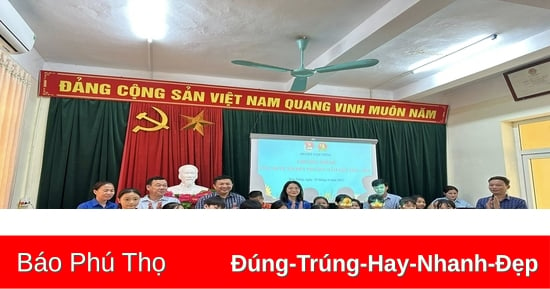

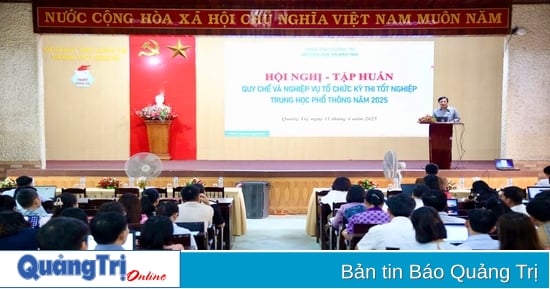

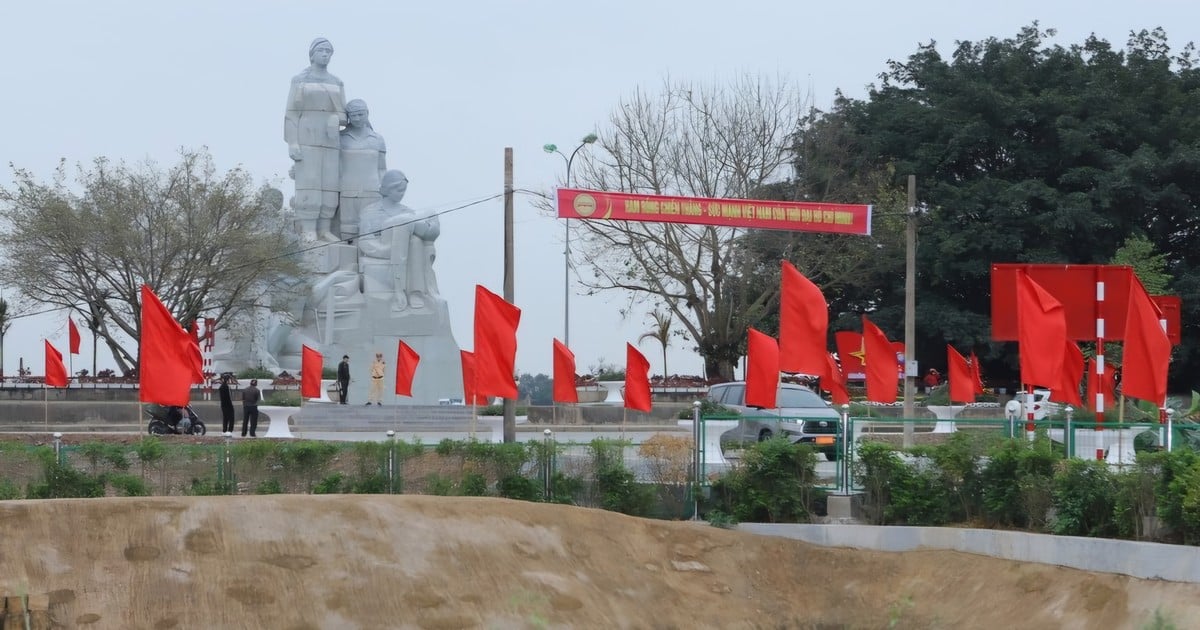

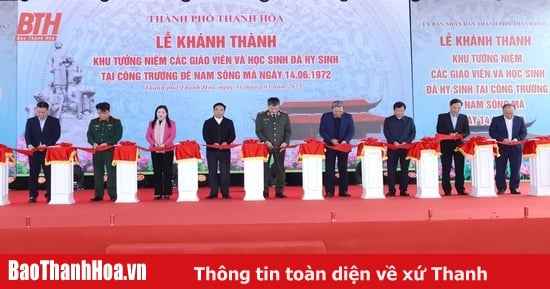
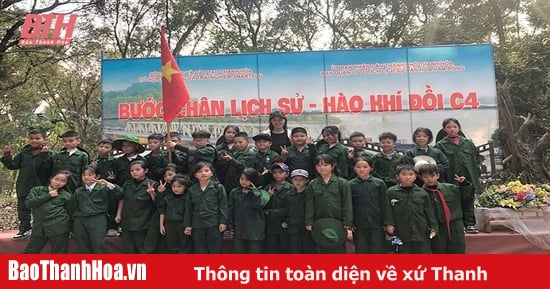
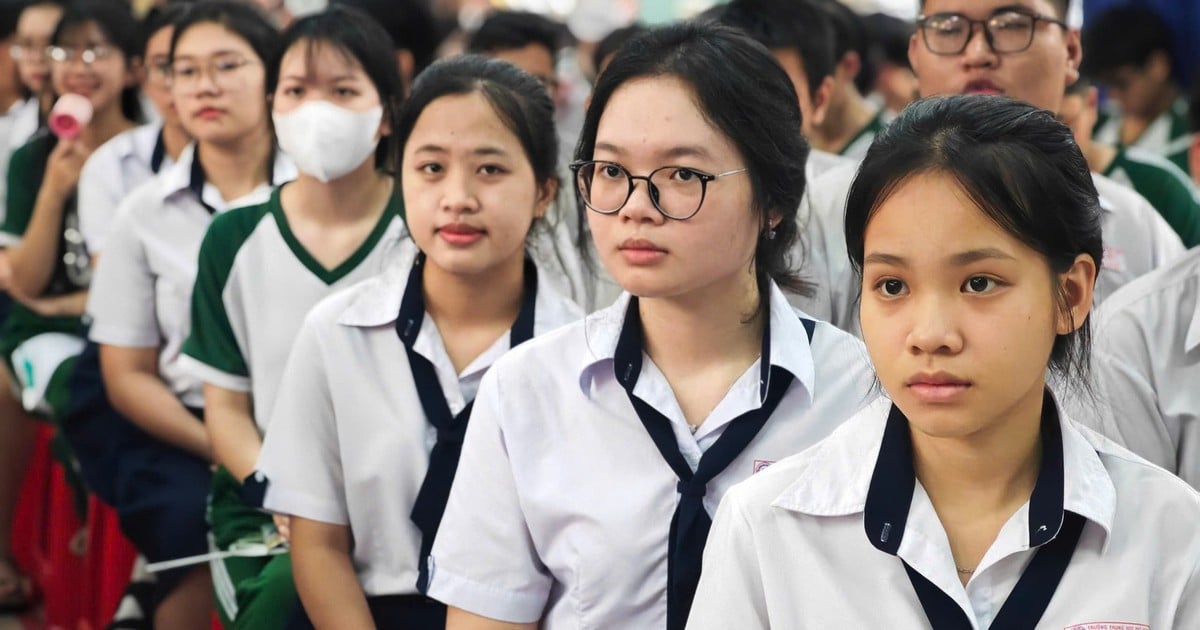

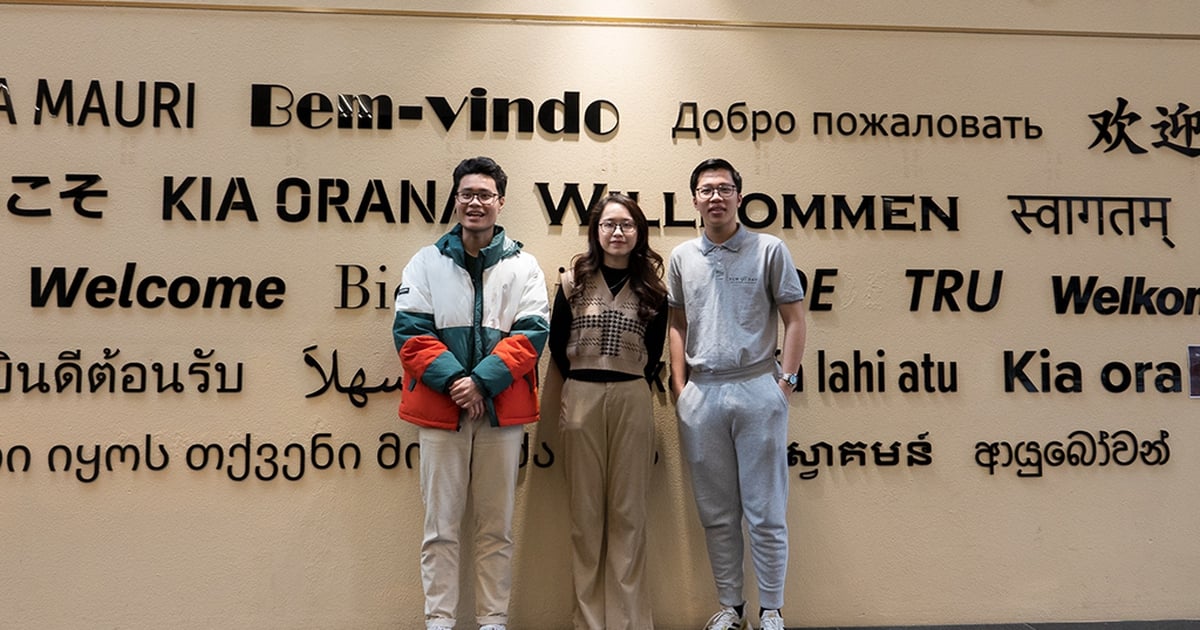
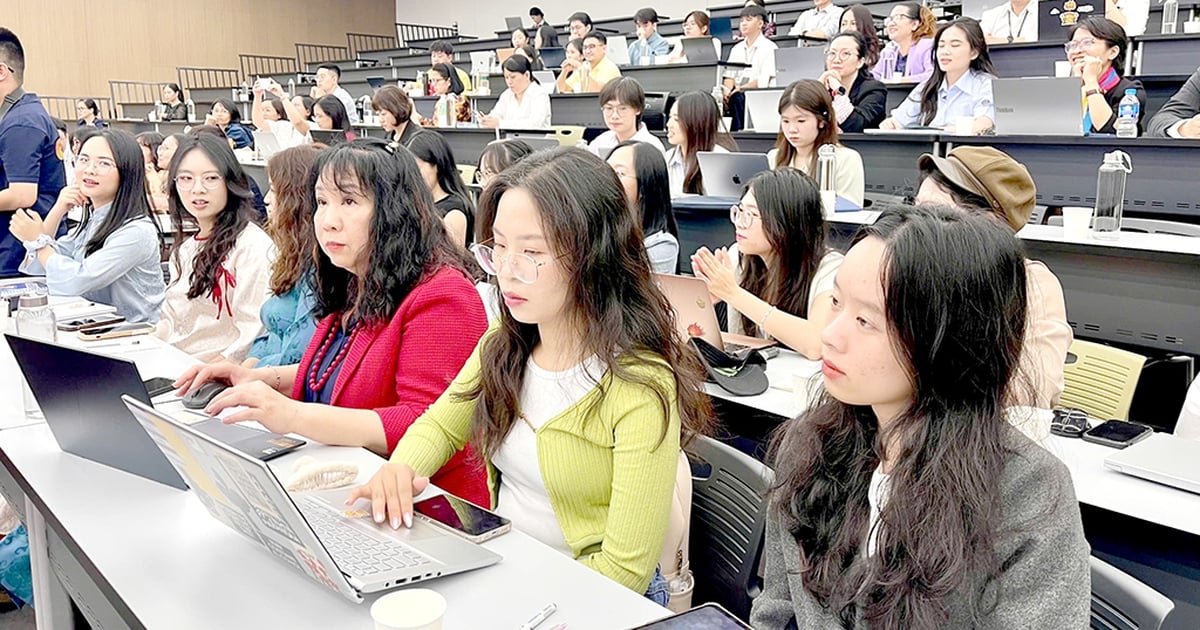
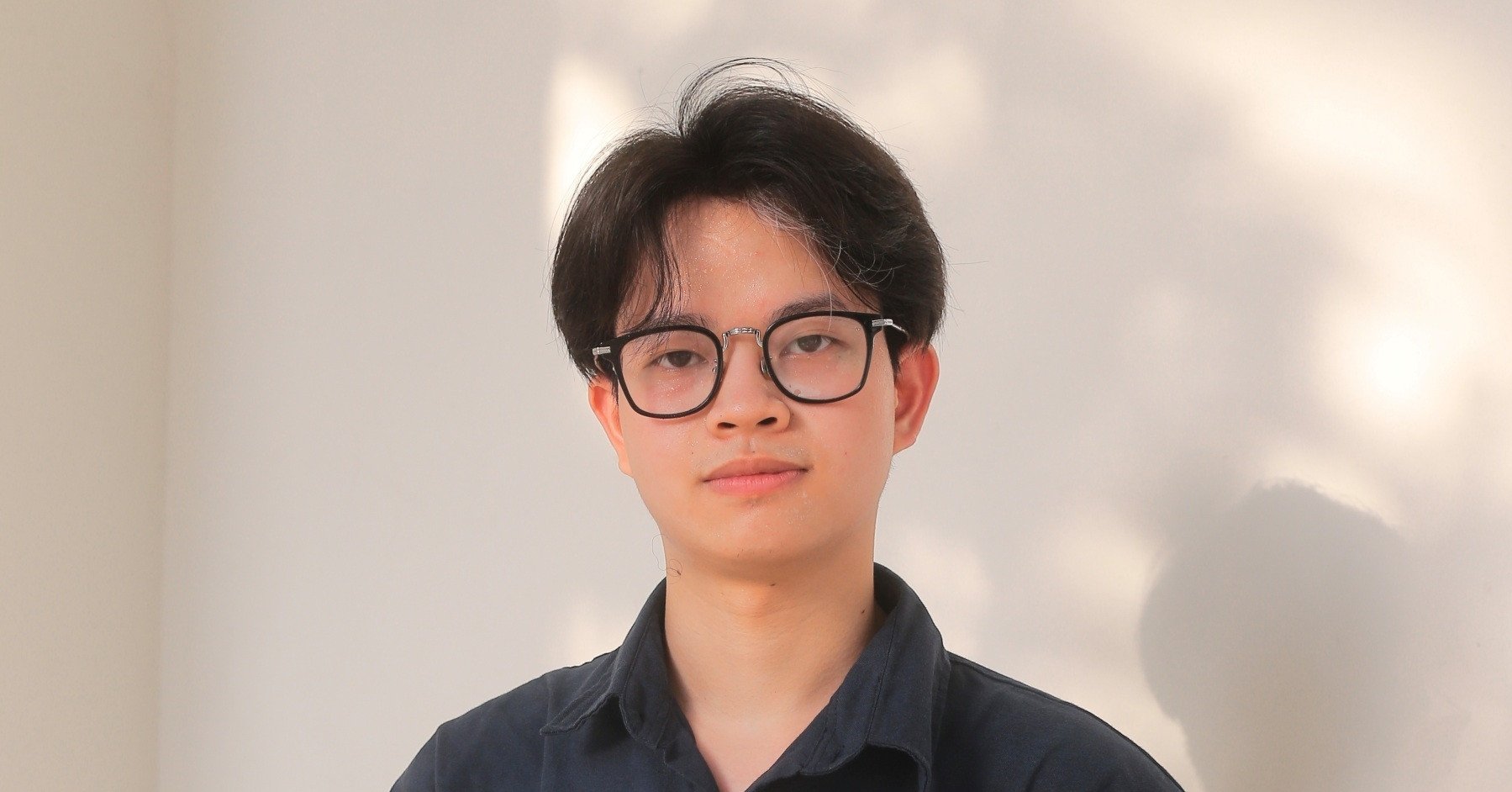

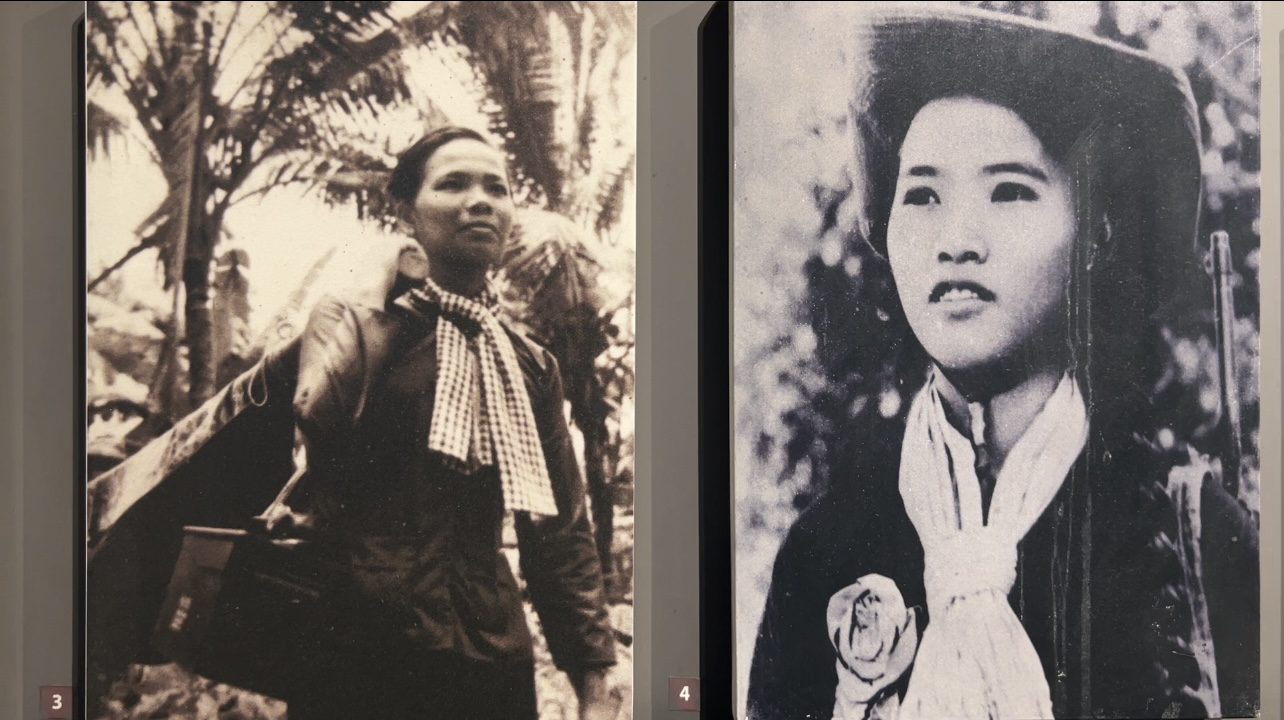


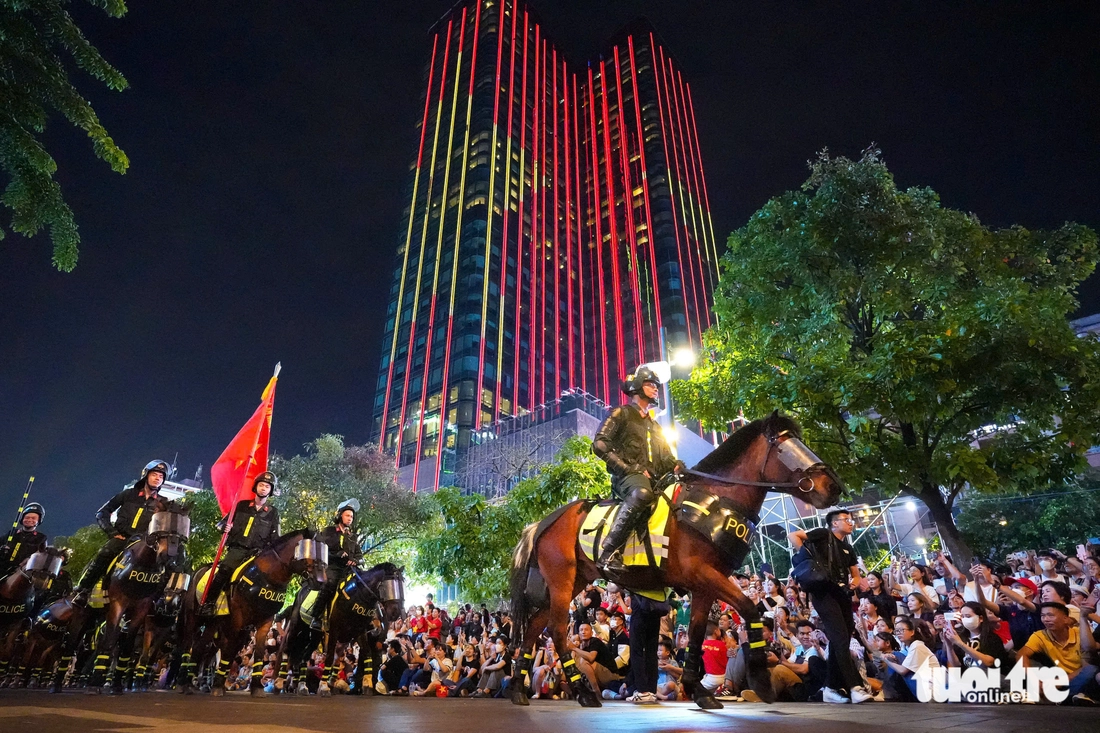
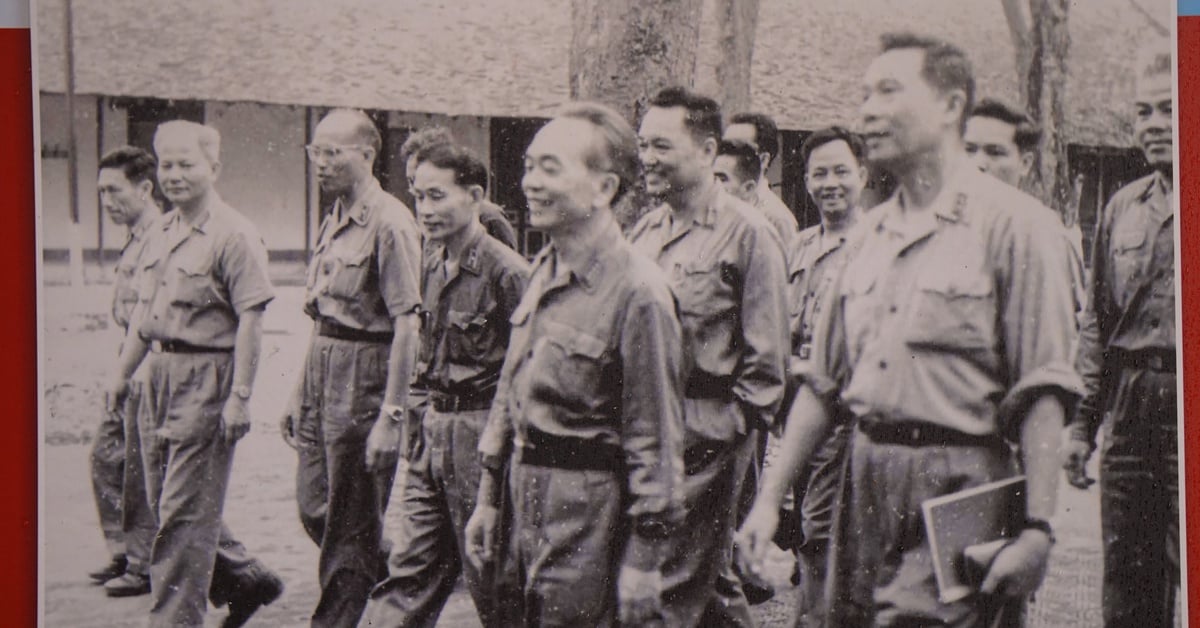
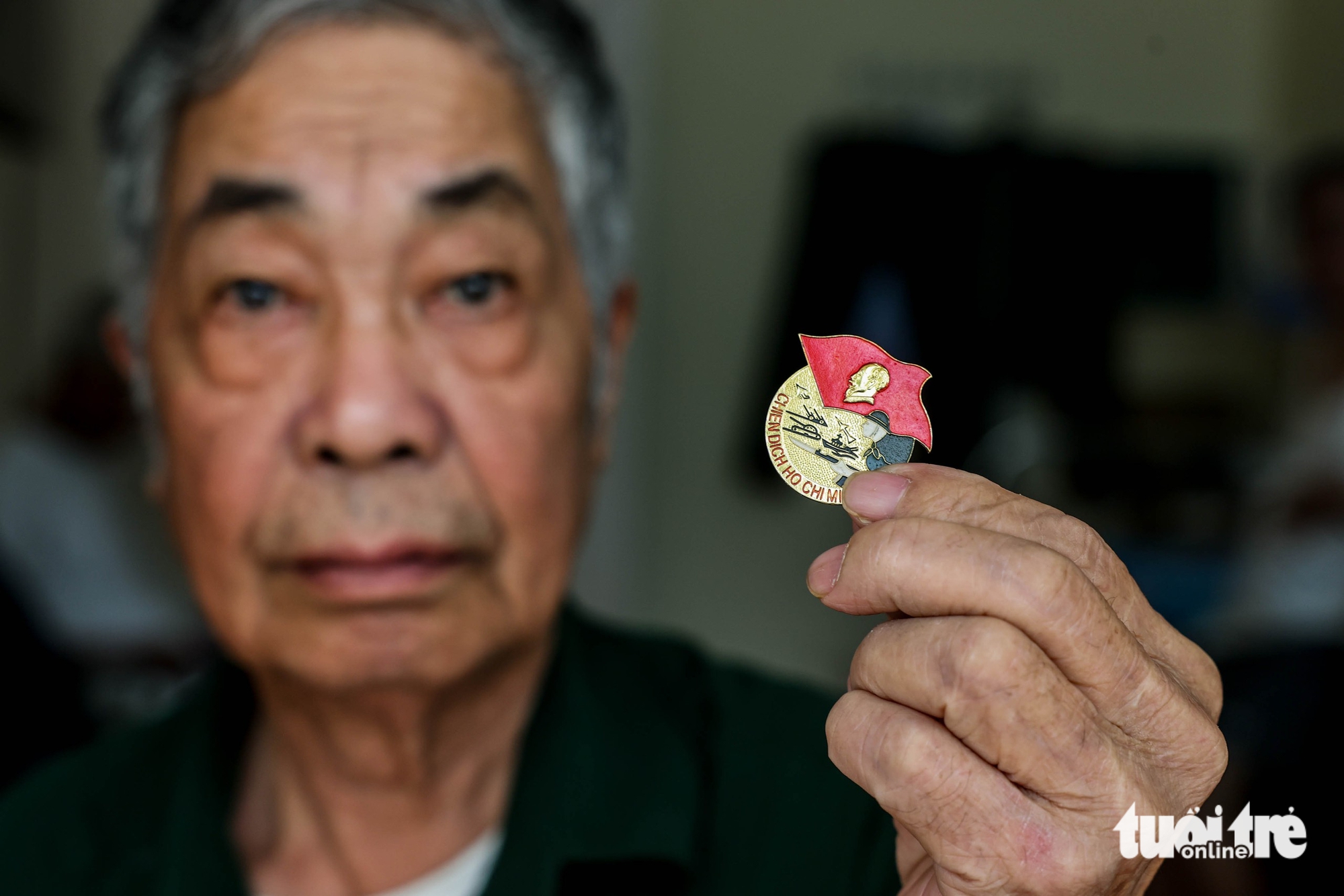

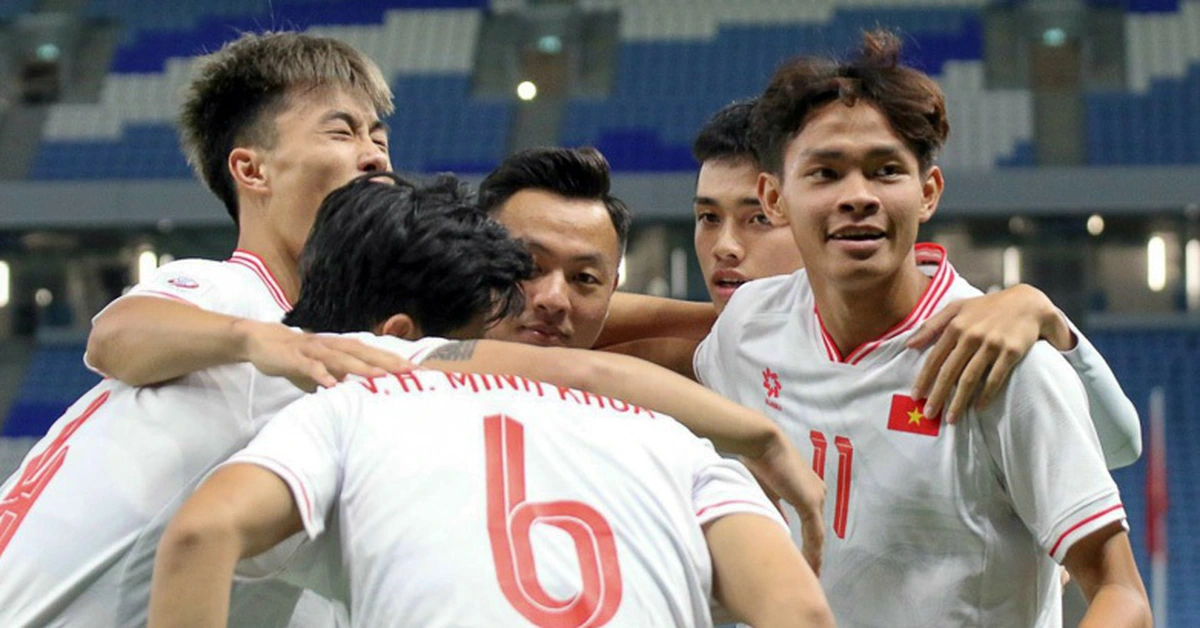










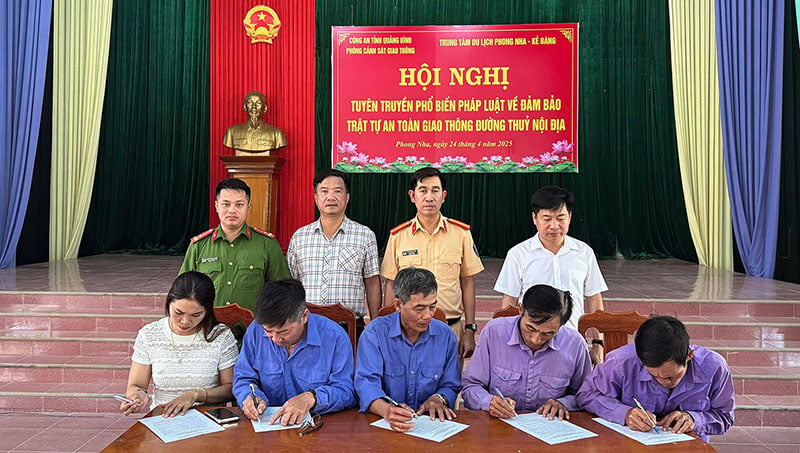

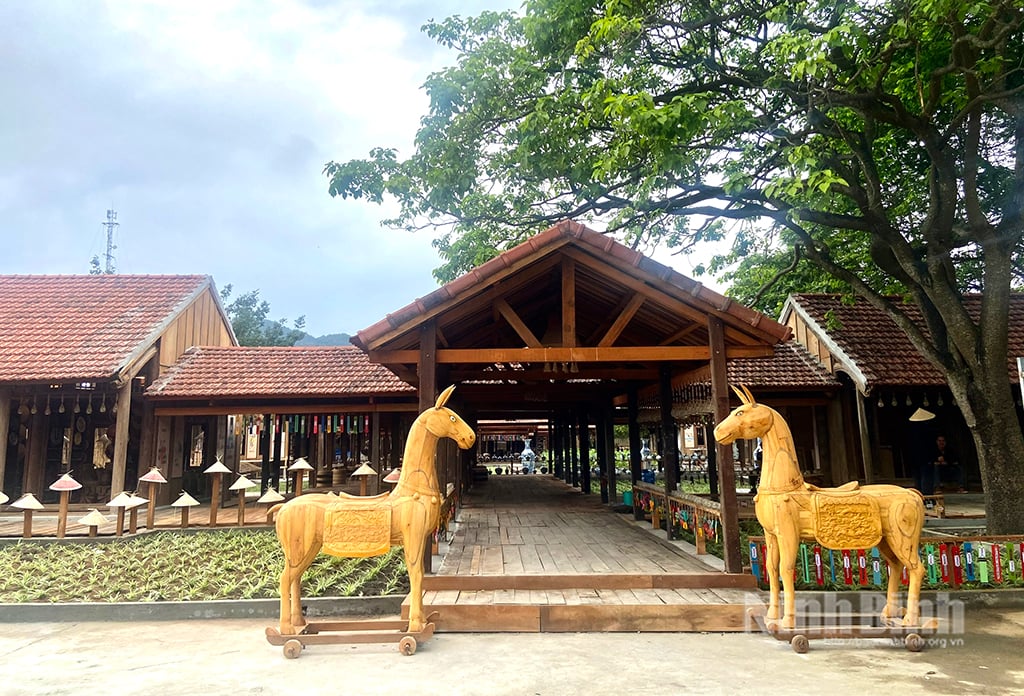

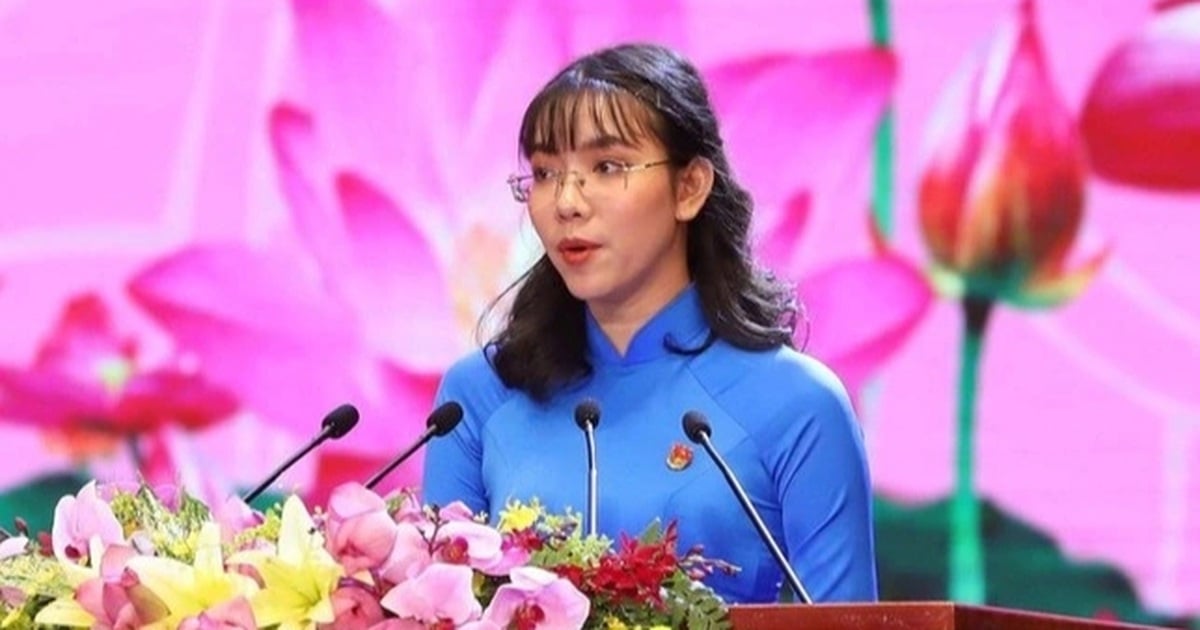

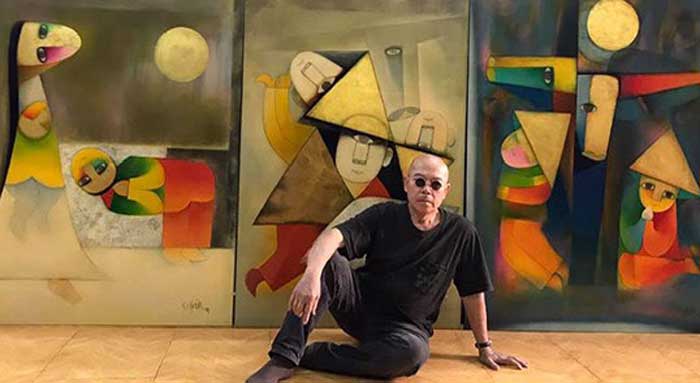




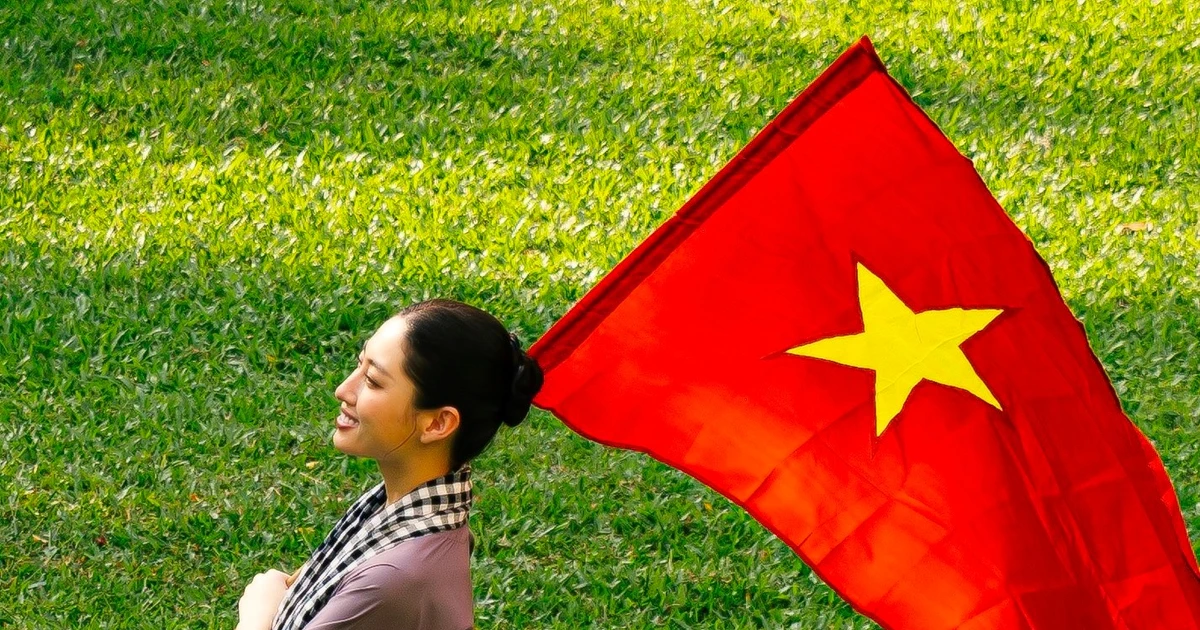












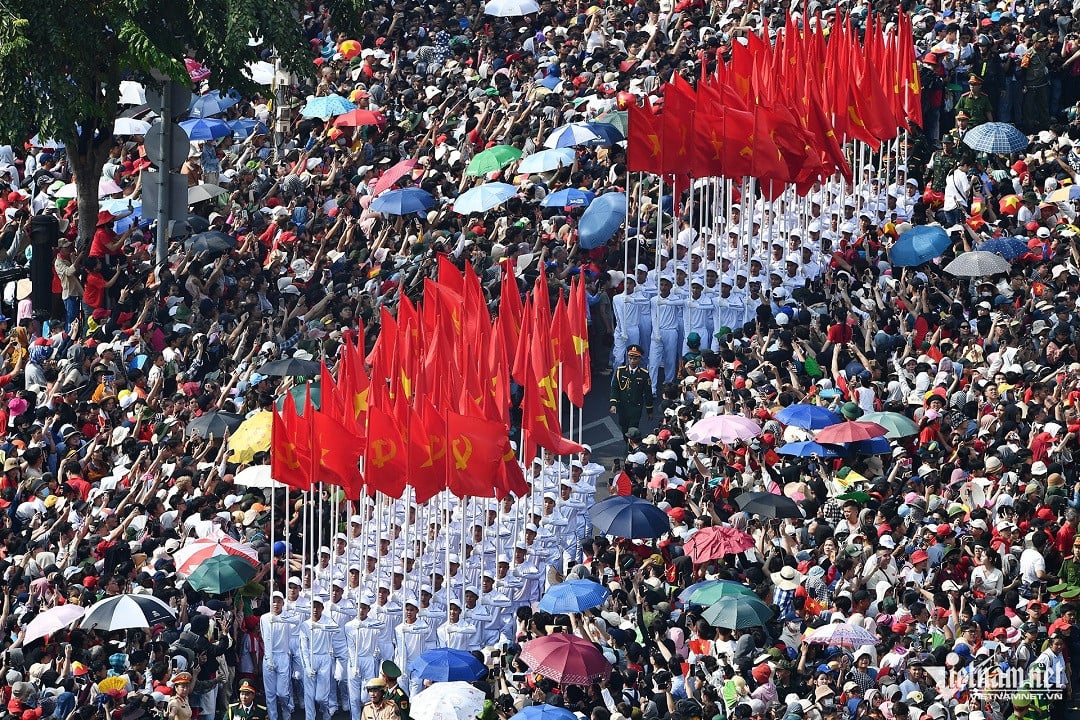

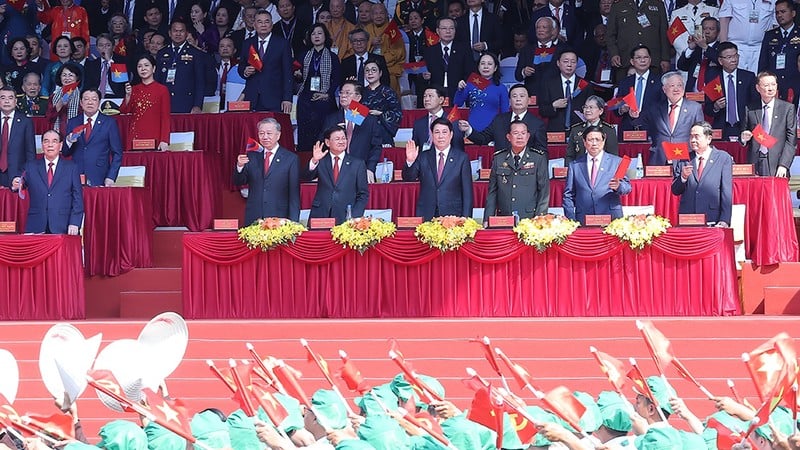

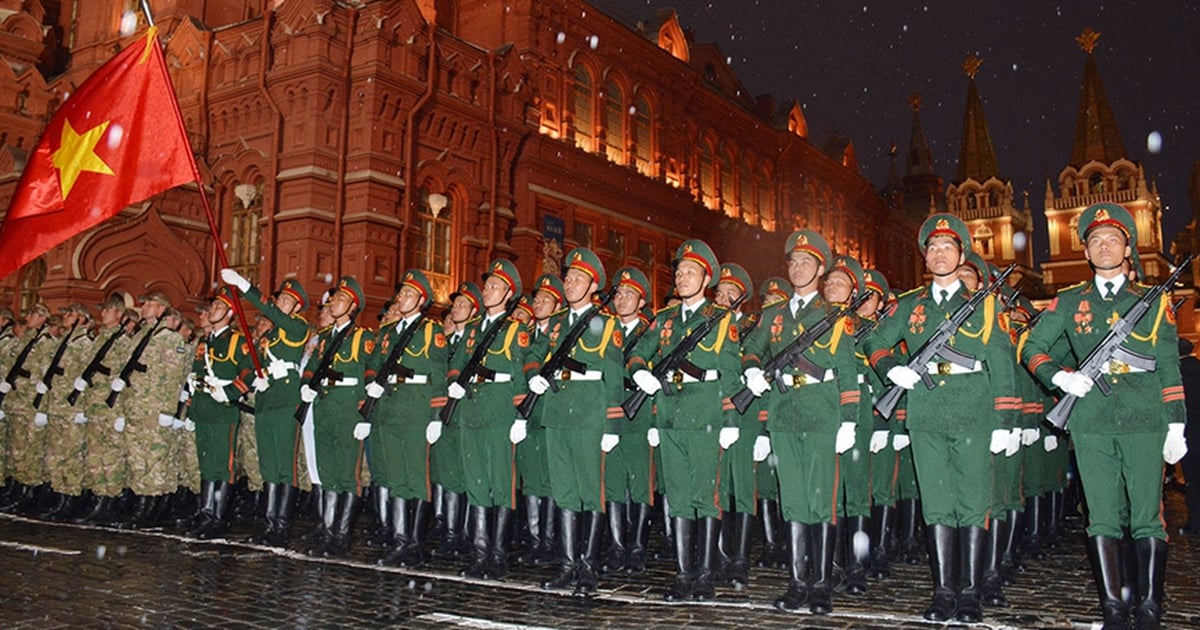











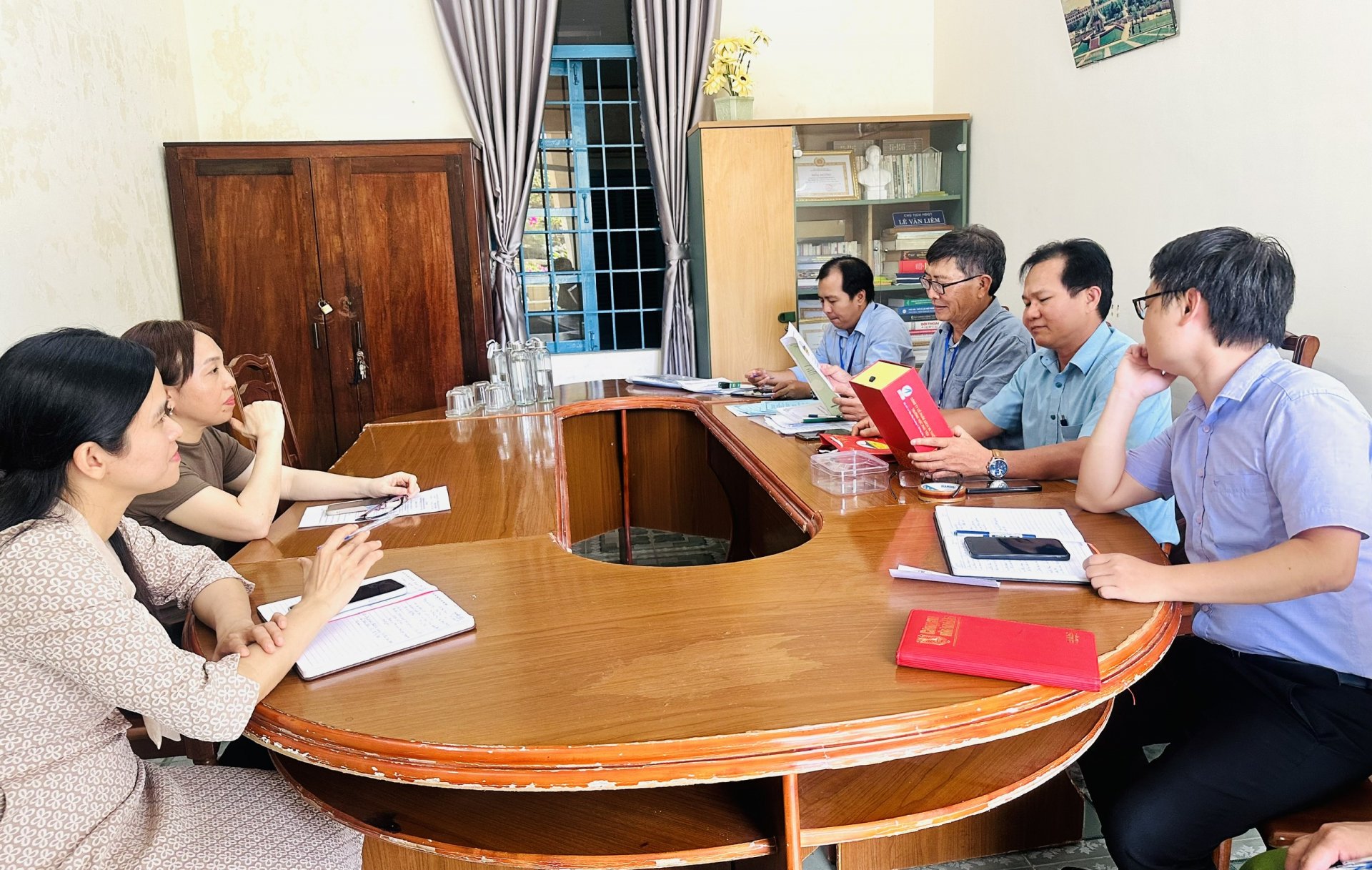

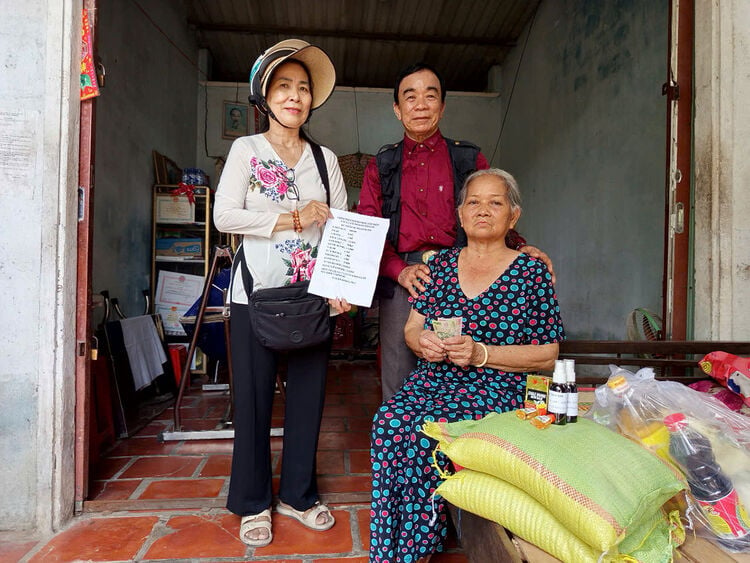

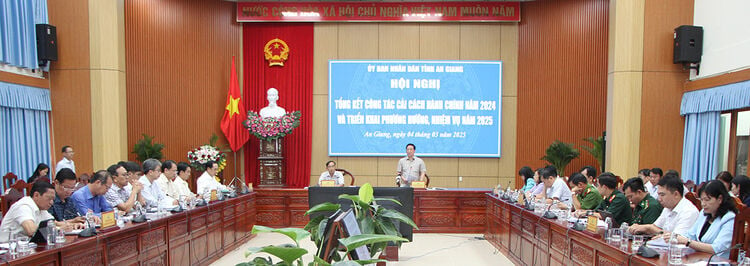
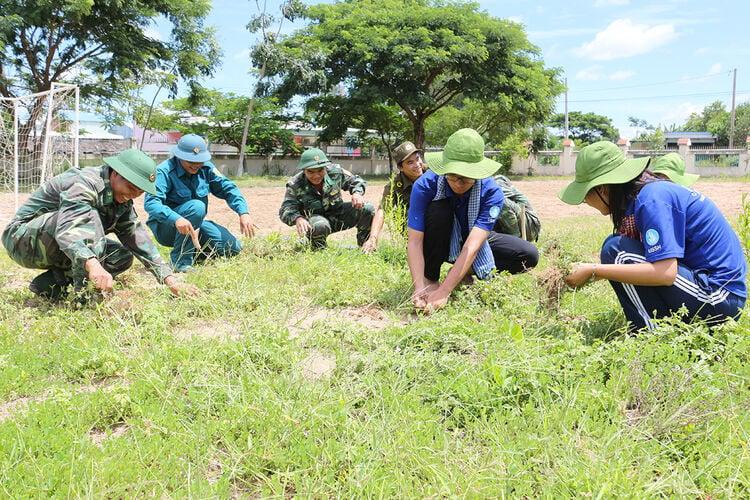
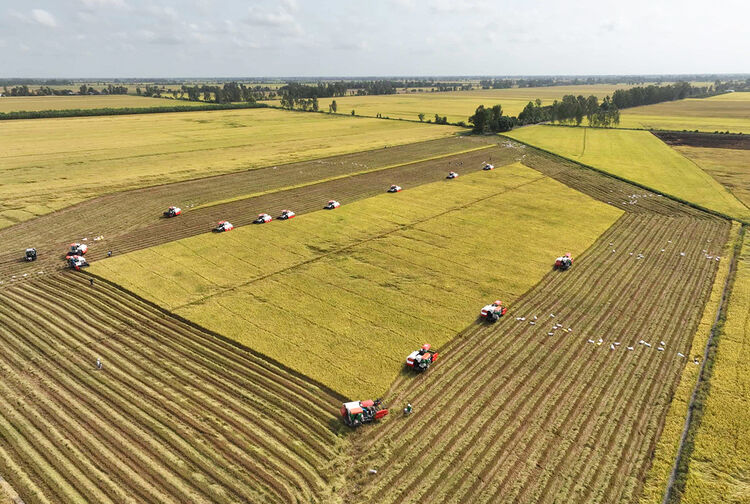










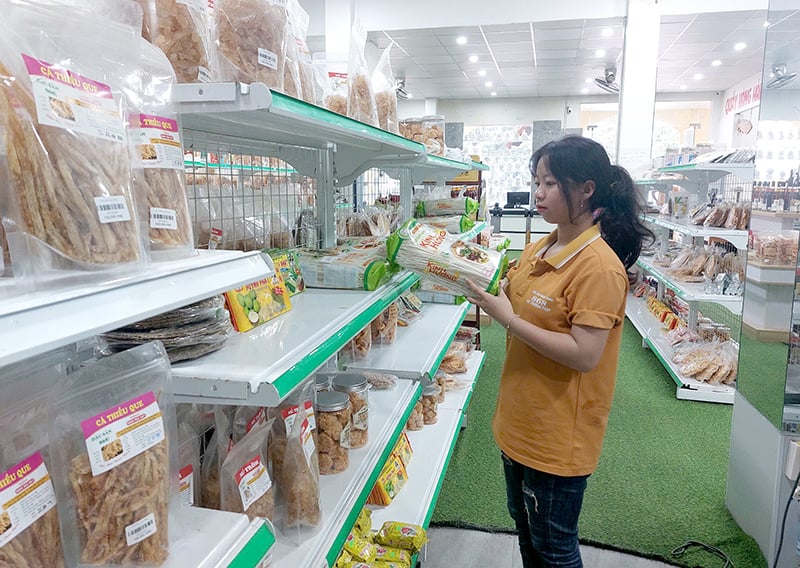
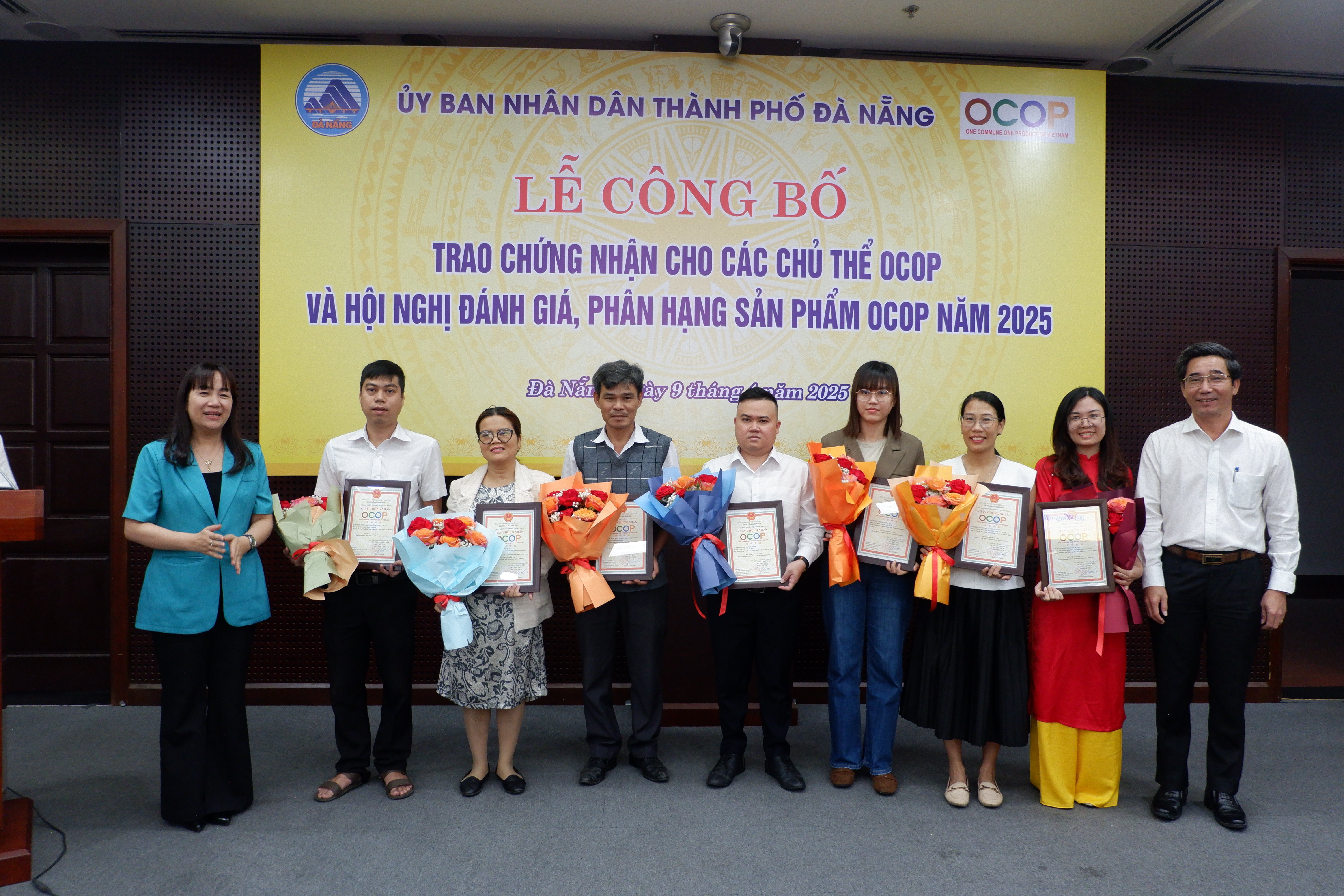

Comment (0)